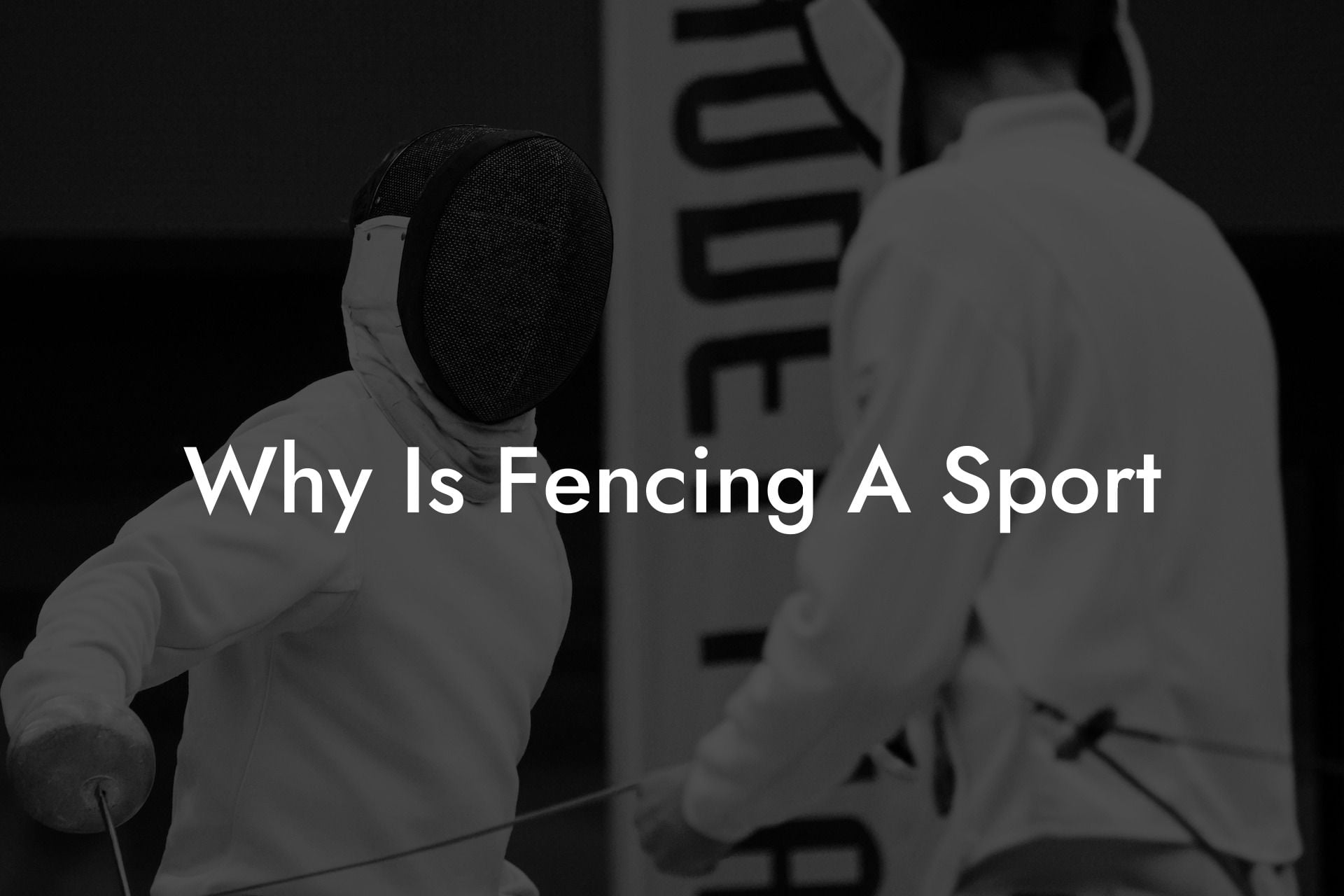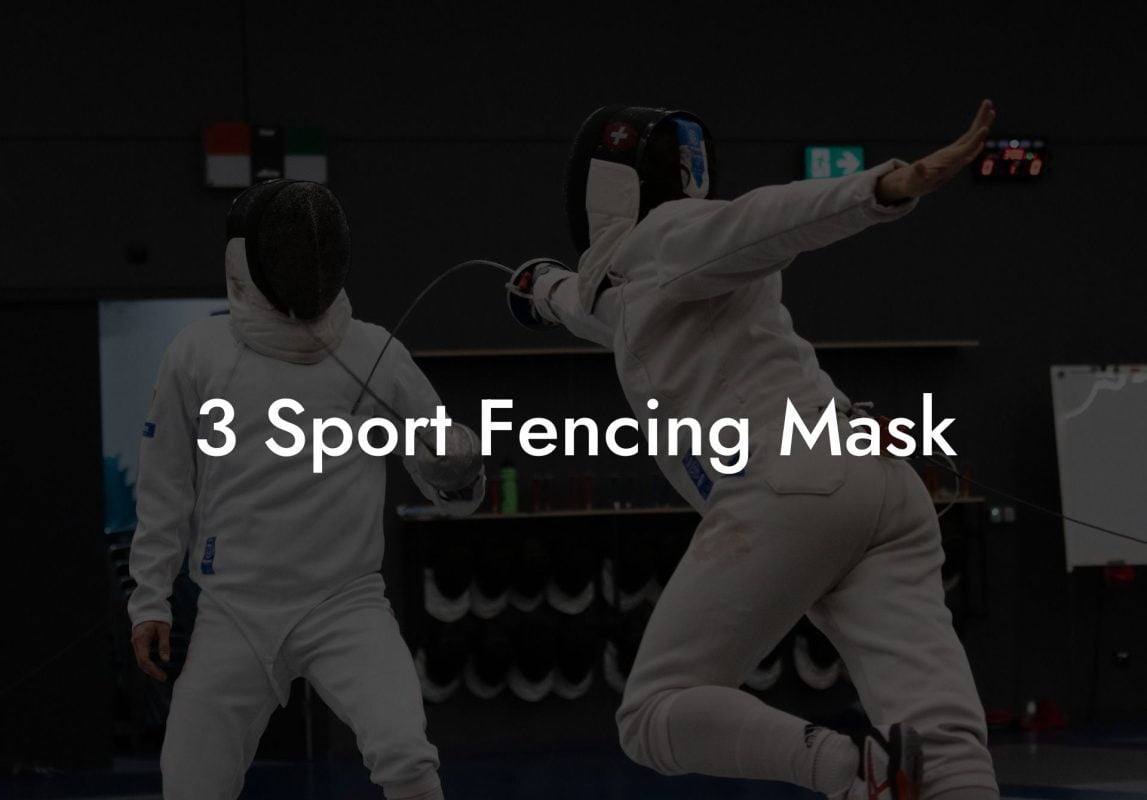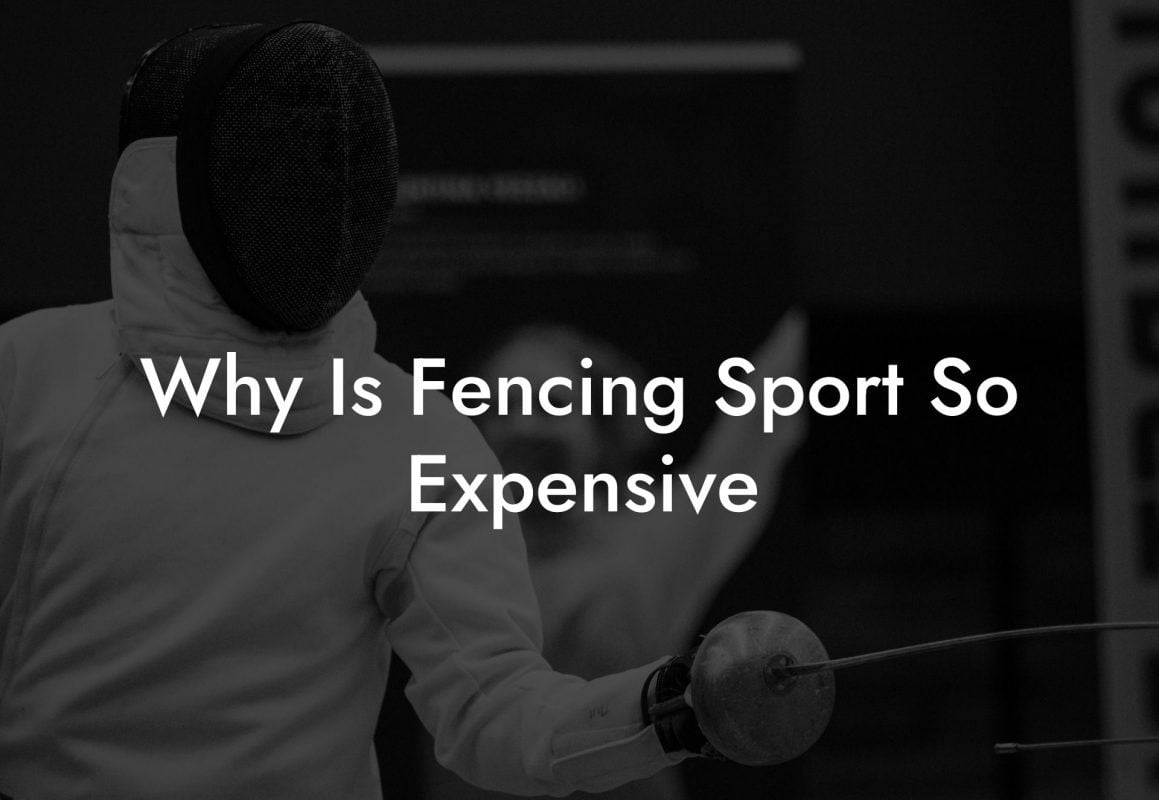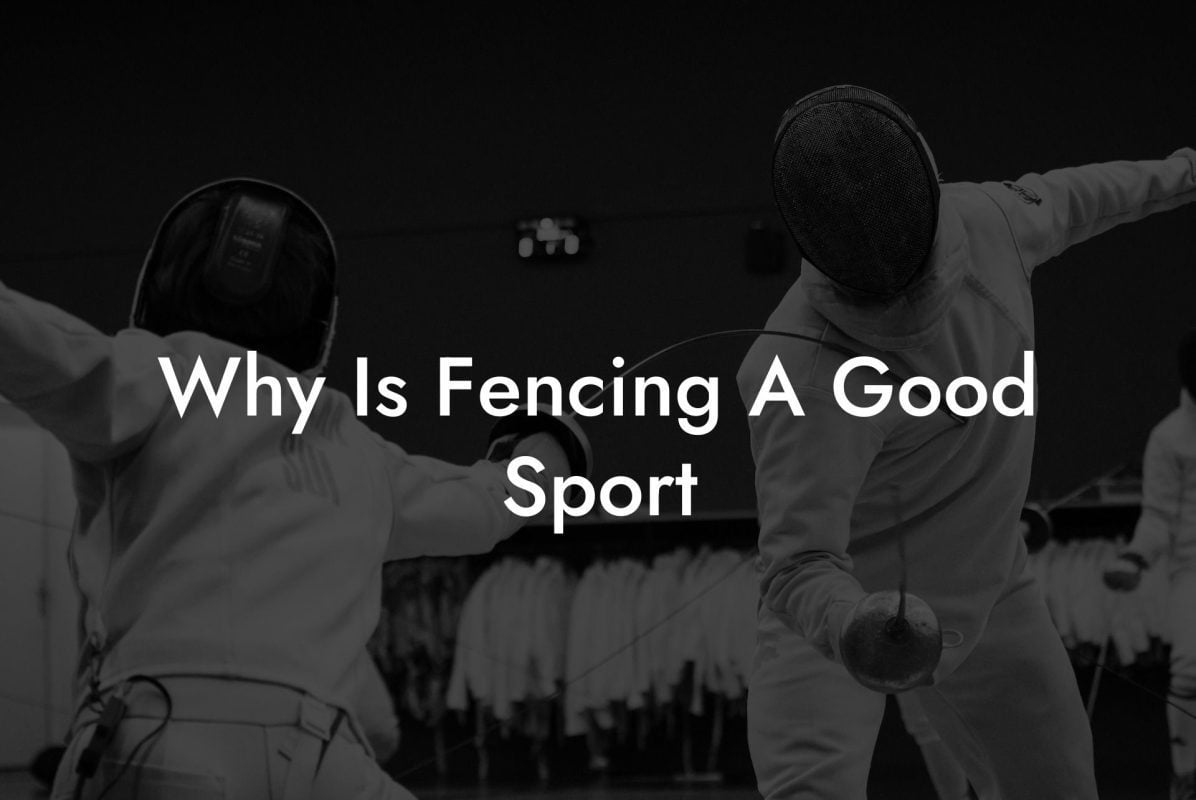Fencing is often viewed as an elegant and sophisticated sport, with a rich history dating back to the 12th century. However, not everyone is aware of the reasons why fencing is considered a sport. In this article, we will dive into the fascinating world of fencing and explore the various aspects that make it a physically and mentally challenging sport, loved by millions of enthusiasts worldwide.
Why Is Fencing A Sport Table of Contents
The Physical Demands of Fencing
Fencing is a sport that requires agility, balance, and strength. The movements, such as lunging and parrying, require explosive power, fast reflexes, and precise control. It also requires endurance, as bouts can last for an extended period. Below are some of the key physical aspects of fencing:
Cardiovascular Fitness
During bouts, the continuous movements and high-intensity actions provide an excellent cardiovascular workout. Fencers need to be able to maintain high energy levels and recover quickly between touches.
Muscular Strength and Endurance
Fencing requires the use of a wide range of muscle groups. The legs, particularly the quadriceps and calves, are essential for explosive movements, lunges, and maintaining balance. The core muscles are vital for maintaining balance and generating power, while the arms and shoulders must endure prolonged periods of holding the weapon and executing precise movements.
Coordination and Balance
Fencing is an intricate dance between two opponents, and maintaining excellent balance is crucial. The ability to coordinate complex footwork and hand movements seamlessly is what sets elite fencers apart from the rest.
The Mental Aspects of Fencing
Fencing is often referred to as physical chess, as it involves a great deal of mental strategy. Fencers must analyze their opponent's movements, anticipate attacks, and formulate their own tactics on the spot. Some mental facets of fencing include:
Strategic Thinking
To be a successful fencer, one must be able to quickly analyze situations and come up with effective strategies to defeat their opponent. This involves recognizing patterns in the opponent's actions, predicting their next move, and creating openings for scoring touches.
Focus and Concentration
The fast-paced and dynamic nature of fencing requires fencers to maintain a high level of focus and concentration throughout the entire bout. A momentary lapse in attention can result in being caught off-guard by an opponent's attack or making a costly mistake in executing a technique.
Emotional Control
Fencing is a sport that can provoke strong emotions, especially during high-pressure competitions. The ability to control these emotions and prevent them from affecting performance is a vital skill for fencers. Keeping a level head and staying composed in the face of adversity can make all the difference in a tight match.
Why Is Fencing A Sport Example:
Imagine a fencing bout between two experienced fencers. The match begins, and both fencers display exceptional footwork, as well as fluid, precise blade work. One fencer attempts a quick attack, but the other is able to parry it and riposte, scoring a touch. As the bout continues, both fencers adapt their strategies to exploit their opponent's weaknesses, leading to a thrilling back-and-forth exchange of points. The atmosphere is tense, and both athletes must maintain peak physical conditioning, intense concentration, and emotional control to edge out their opponent and emerge victorious.
Fencing truly embodies the spirit of sport, pushing individuals to their physical and mental limits while providing a thrilling and elegant spectacle. Now that you understand why fencing is considered a sport, we encourage you to explore more articles on Anchorage Fencing Club and immerse yourself in the captivating world of fencing. If you found this article insightful, don't hesitate to share it with others who may appreciate the beauty and complexity of this exquisite sport.













